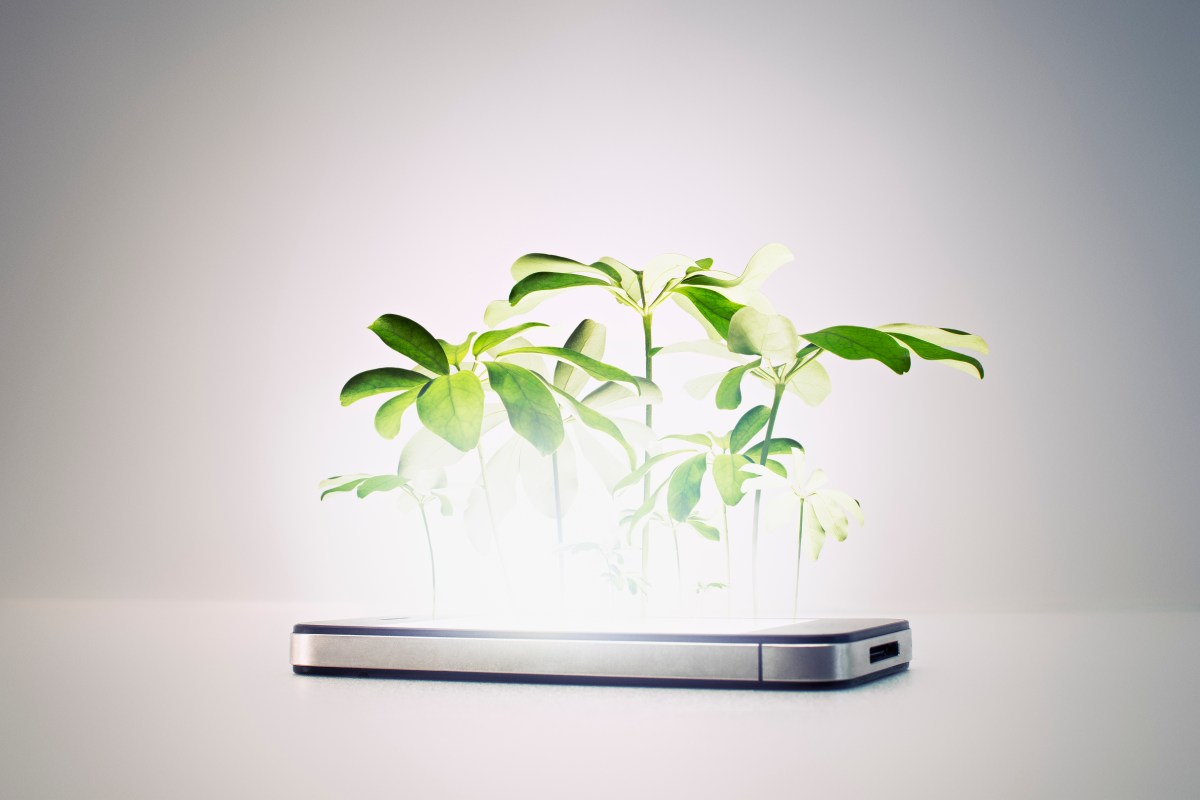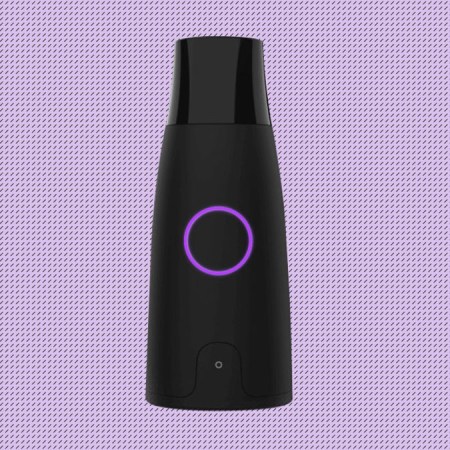A recent study published in the Journal of Experimental Psychology suggests that our ever-embattled smartphones might have a healthy use-case after all: they’re capable of improving our memory.
That likely registers as a minor shock, considering we’re reminded constantly that A) screentime is a natural enemy of creativity, and B) we’re rotting our brains to a point that will only become clear once Gen Z reaches middle-age.
But the new research, conducted by a pair of scientists at University College London, contends that phones function as an added memory bank — instead of having to memorize important details in our lives, we can simply store them in files on our mobiles. That, in turn, frees up “space” in our brains for us to remember more inconsequential details.
Over the years, some experts have worried that this interplay would actually harm our sense of memory. (If the phone can be relied on a memory failsafe, then your brain won’t have to work as hard, and could deteriorate quicker. A profile by Freethink calls this concept “digital dementia.”)
But that theory doesn’t have any real scientific steam, as of yet, while the UCL study found tangible benefits for those making use of an “external memory.”
The researchers recruited 158 volunteers, then had them play a game with 12 circled numbers on a touchscreen. Certain numbers had to be moved to the left, others to the right, and there was a monetary incentive for performing the task correctly. Crucially: some numbers were hailed as “high value.” Pushing those numbers to the correct side earned the volunteers more money.
Eventually, a digital component was introduced; the volunteers were allowed to set reminders for which numbers needed to go where. They overwhelmingly selected the “high value” numbers for their reminders. They played better and earned more money as a result.
Fascinatingly, though: they also got better at sorting the “low value” numbers. To the researchers, this was a massive vote of confidence for the efficacy of external memory. So-called “unsaved information” takes on a subconscious priority, once the important stuff is safely in the bank.
“The results show that external memory tools work,” the senior author explained to a UCL journal. “Far from causing ‘digital dementia,’ using an external memory device can even improve our memory for information that we never saved.”
Phones are maligned for the negative impacts they have on our bodies and brains. Most of those complaints are fair and accurate. But there’s no such thing as a digital detox, when they’ve become such a part of our lives. It’s helpful, as with this study, to find ways where phones can actually be of some use.
To that end: take diligent notes on your life’s crucial daily details — workflow procedures, birthdays you can’t miss, what have you. But if the Cloud ever fails you, or god forbid, you have to reset your smartphone to factory settings, do everything in your power to retain that information. The downside of this research is that when we do rely on external memory, we tend to forget the particulars of the big-ticket stuff. Then we’re only left with the “low value” numbers.
Whether you’re looking to get into shape, or just get out of a funk, The Charge has got you covered. Sign up for our new wellness newsletter today.


















